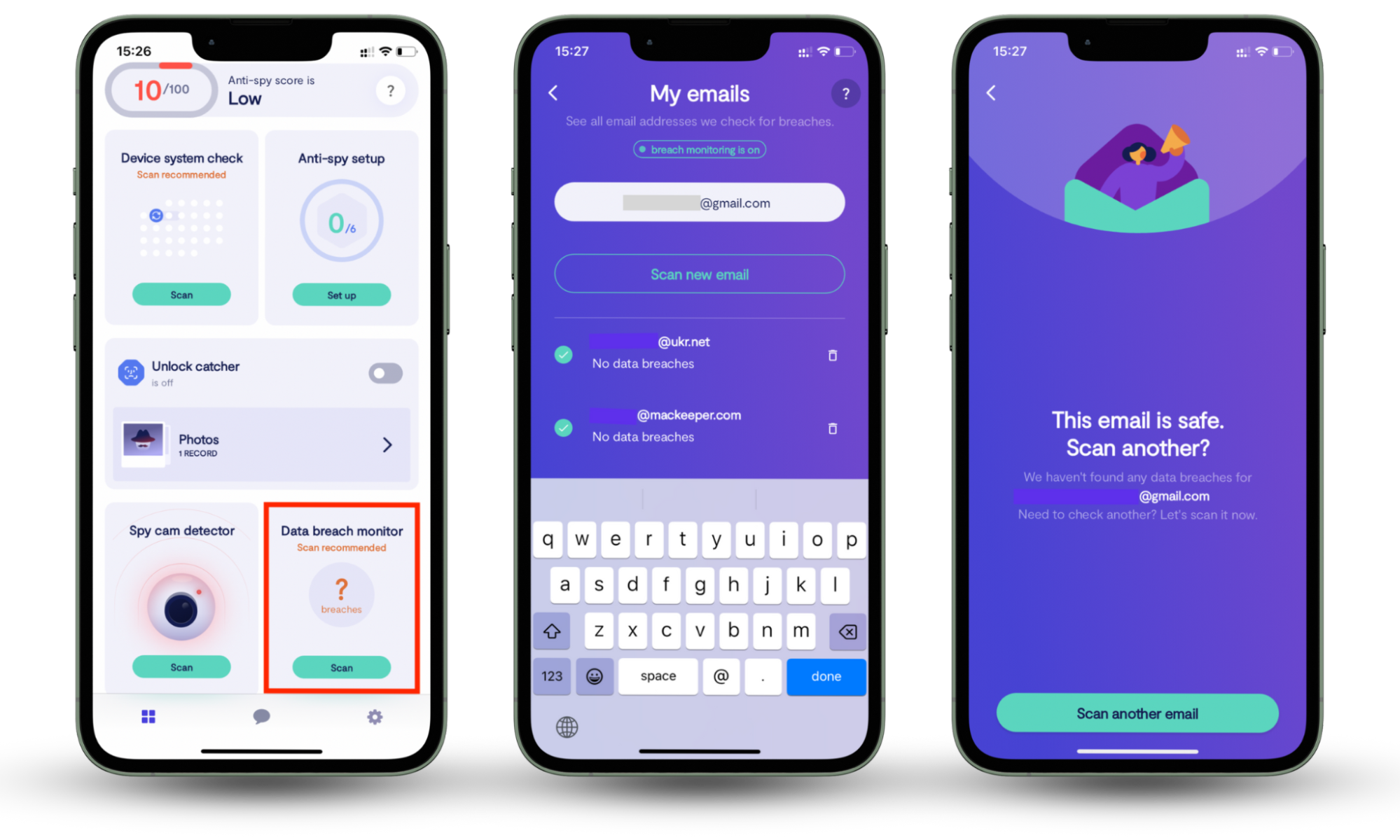Table of contents
- What is a sugar daddy?
- What is the sugar daddy scam?
- How do sugar daddy scams work?
- 1. Sugar daddy Instagram scams
- 2. Cash App scams
- 3. PayPal scams
- 4. Snapchat scams
- How to spot a fake sugar daddy or sugar momma scam
- Watch out for sugar baby loyalty tests and fee requests
- Don’t instantly trust any incoming funds
- How can you avoid being scammed?
- Be wary of strangers online
- Never send money to strangers
- Do your research
- Use your instincts
- What should you do if you’ve become a victim of a Sugar Daddy scam?
- Conclusion
What is a sugar daddy?
A sugar daddy (or momma) is typically an older person who offers financial support or gifts to a younger person (sugar baby) in exchange for companionship or other forms of intimacy. The relationship may or may not involve feelings, and the terms of the arrangement can vary depending on the individuals involved.
What is the sugar daddy scam?
Sugar daddy scams definition
A sugar daddy scam involves a scammer posing as a sugar daddy looking for a sugar baby. The scammer promises the victim large sums of money or gifts—but first, they need personal info, like bank details or a money transfer. Once the victim meets these requests, the scammer disappears or continues to make requests.
Scammers typically use social media and dating apps to find victims and create convincing profiles for themselves. To gain trust and establish credibility, they usually impersonate doctors, lawyers, or other high-status people.
How do people fall for sugar daddy scams and other types of online scams?
A sugar daddy scam is a form of social engineering that involves psychological manipulation or deception to influence victims into divulging sensitive information or acting out of their best interests.
How do sugar daddy scams work?
Sugar daddy scams work differently on different online platforms. But generally, here’s how they operate:
- The scammer uses social media or dating apps to target victims seeking financial support or companionship.
- The scammer creates a fake profile, posing as a wealthy, older individual interested in a younger companion.
- After the scammer contacts the victim, they’ll use flattery and promises of gifts and money to establish a connection and build trust. They may use fake photos or IDs to keep up their masquerade.
- Once they’ve gained trust, scammers will ask the victim for money or personal info as a sign of loyalty or to prove (ironically) that they aren't scammers—all with the promise of greater rewards down the line.
- After receiving the initial request, the scammer will either disappear or continue to fleece the victim for even more information or money. They may use emotional manipulation, guilt, or fear to get what they want.
The consequences of falling victim to a sugar daddy scam or other form of online scam can be financial loss, identity theft, reputational damage, emotional distress, and much more. As soon as scammers gain a piece of your data, they can use it against you.
So, you should always be cautious about sharing your personal information with others. Meanwhile, we can help you keep track of what and when your data is being sold or used online without your knowledge. Clario Anti Spy's Data breach monitor will automatically send you an alert if your information is ever part of a security leak. It will scan your email to check for data breaches linked to your accounts and keep on monitoring 24/7 so you’re always one step ahead of scammers.
Here’s how to use Clario Anti Spy's Data breach monitor:
- Download Clario Anti Spy and set up an account.
- Under the Data breach monitor, tap Scan.
- Enter your email and check if it's associated with any data breaches.
- Tap Scan another email if you wish to check more emails for breaches.

Sugar daddy scams are found on a variety of websites and apps. Here’s how they work on these popular platforms:
- Instagram scams
- Cash App scams
- PayPal scams
- Snapchat scams.
1. Sugar daddy Instagram scams
On Instagram, sugar daddy scammers can use impressive photos of a seemingly opulent life to establish credibility. First, they’ll slide into their victims’ DMs to set up the scam—then move the conversation to a more private platform, like WhatsApp.
To establish trust, scammers may even send photos of other sugar babies who allegedly received money from them.
2. Cash App scams
Sugar daddy scams typically start on social media and end on a payment platform, like Cash App. There are a couple of ways scammers can use Cash App for scams. Here's how:
- Fraud payments. You receive a sum of stolen money into your account. The scammer then requests a gift or small payment in return. After you make good on the request, Cash App takes back the initial money from your account since it was reported stolen.
- Verification. The scammer requests that you send some money through your account to prove it’s real. Once the money is received, the scammer disappears.
- Loyalty test. The scammer may request that you send them money to prove you are loyal and not a scammer. They may claim they had their heart broken in the past.
- Request personal info. The scammer may ask you for details like email, phone number, address, or financial info to complete a Cash App transaction. Remember: for a transaction on CashApp, all you need is your $Cashtag.
Emailed requests getting too personal? Learn how to stop phishing emails from tricking you into giving up personal details.
3. PayPal scams
Sugar daddy scams on PayPal often involve the victim receiving a screenshot of a fake pending transaction. The money is almost theirs, but of course, they need to send the scammer something first, usually a gift card or cryptocurrency. Of course, once the request is met, the scammer cancels the pending transaction.
4. Snapchat scams
Like on Instagram, sugar daddy scammers use Snapchat to find victims and create convincing profiles for themselves to give an air of credibility. Once they establish a rapport with their victim via messages, the scammer will use the Cash app or PayPal to execute the financial aspect of the scam.
How to spot a fake sugar daddy or sugar momma scam
Through social media trickery, sugar daddy frauds can be convincing. But there are telltale signs that always give them away. Namely: they ask YOU to pay THEM.
Here’s how to spot a fake sugar daddy:
Watch out for sugar baby loyalty tests and fee requests
A fake sugar daddy can be a master manipulator. These scammers can pretend to be vulnerable people who were heartbroken by sugar babies in the past. They may humbly request money or goods to prove your loyalty to them. Or they can make fee requests to cover supposed transaction fees for the huge sum of money they’re about to “send” you.
Don’t instantly trust any incoming funds
As tempting as it sounds, don’t touch any incoming funds—especially if it’s paid via check. Scammers can send you money that can suddenly disappear. Wait a while to make sure that checks are cleared and that the money wasn’t stolen. The payment platform can reverse transactions with stolen funds.
How can you avoid being scammed?
You can avoid being scammed by being cautious when communicating with strangers online—and never sending them money or personal information. Along with these main tenets, there are other ways to protect yourself.
Here’s how you can avoid sugar daddy scams:
Be wary of strangers online
Use caution when communicating with strangers. Scammers are savvy and can create convincing social media profiles or stories. They may even use your online presence to craft scams tailored to you. First and foremost, don’t believe anyone promising free money.
Never send money to strangers
This goes for people you’ve never met or have not verified. Don’t fall for any stories of transaction fees or loyalty tests. It’s possible you’ll never see that money again. And never reveal personal details, like financial information.
Do your research
Before entering into an arrangement, research your potential sugar daddy or momma. Carefully inspect their profiles and messages for anything deceitful or suspicious. If they’re scammers, chances are they’ve done this before, so search online to see if they’ve been reported in the past.
Use your instincts
If all else fails, trust your gut. If you’re talking to someone and it just doesn’t seem right, you’re probably correct—block them. Sometimes the best weapon against cybercrime is your own human intuition.
Used by sugar daddy scammers and others, it’s one of the oldest scammer tricks: the malicious link. A seemingly harmless link that steals your personal information or riddles your device with malware. That is why you should never click on an unknown link that looks suspicious or was sent to you by an unknown contact.
What should you do if you’ve become a victim of a Sugar Daddy scam?
If you’ve fallen victim to a sugar daddy scam, it’s crucial to take prompt action to reduce the consequences. Here’s what to do:
- Contact your bank or financial institution. If you’ve sent money to a scammer, your bank may be able to cancel or reverse the transaction. If they can’t reverse it, ask them to help you file a dispute.
- Change your passwords. If you’ve shared any personal information, like login credentials or credit card information, with the scammer, change your passwords. Also, watch your accounts for any suspicious activity.
- Report the scam to the authorities. Report the scam to your local authorities, as well as the Federal Trades Commission (FTC) or equivalent body in your country. Evidence will help catch your scammer, so save screenshots, receipts, message transcripts, and anything else that will help your case.
- End the conversation. It goes without saying: end all contact with the scammer and block them on all platforms.
Conclusion
Sugar daddy scams can be deceitful, but with the right strategies and tools, they won’t get further than your DMs. Stay wary of strangers online, especially if they are asking you for money or personal information. If you feel like you might have already shared more than you should, use Clario Anti Spy to check your data safety. Our Data breach monitor will scan the internet (including the dark web) for data leaks associated with your accounts. It will notify you if any are found and continue to monitor 24/7 to keep you in the loop. Stay safe!


